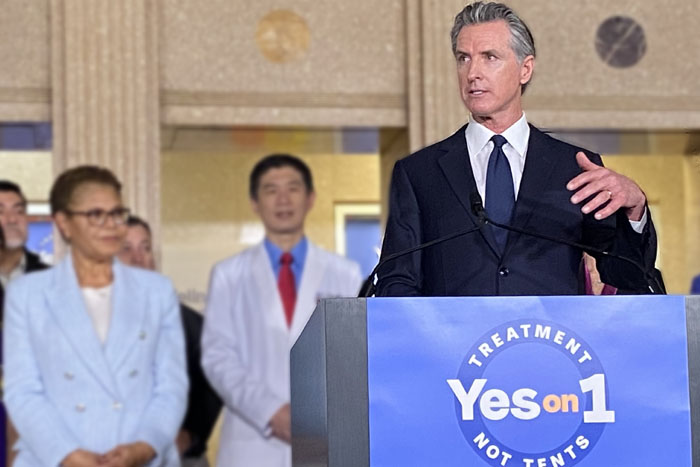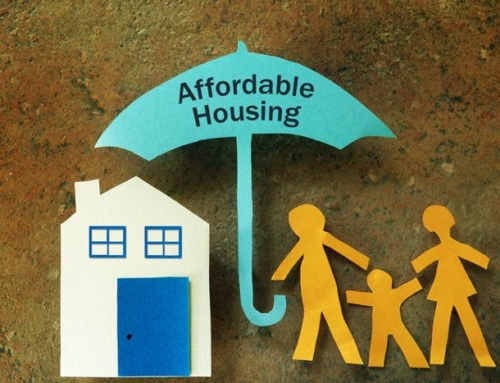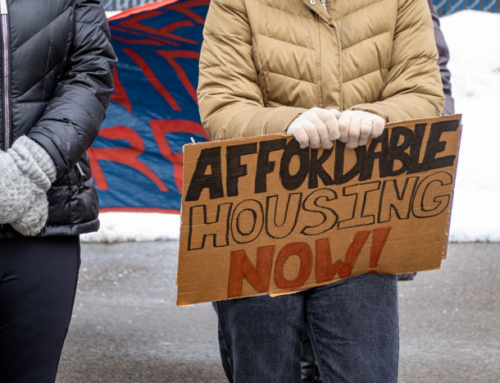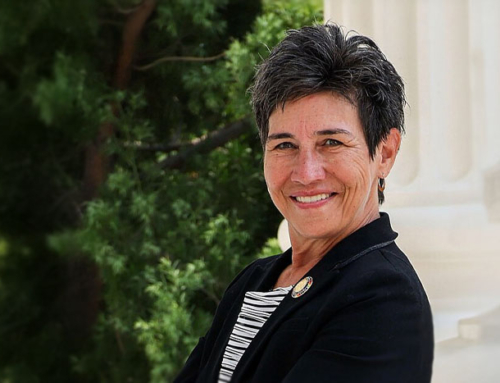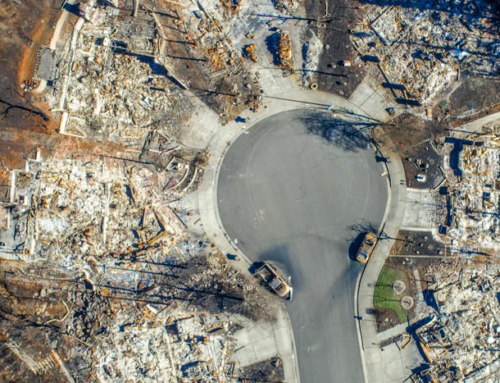Proposition 1, the Behavioral Health Services Program and Bond Measure, which crucially addresses the homelessness crisis through funding housing and shelter, was narrowly approved by voters in late March, indicating a greater acknowledgement of housing as a solution to homelessness. The “yes” vote garnered 50.2%, with results to be certified by the Secretary of State by April 12, 2024.
The proposition:
- Changes the Mental Health Services Act (MHSA) that was passed by voters in 2004 to allow counties to expand substance use disorder (SUD) services, modernize county allocations of funding, and rename the act to the Behavioral Health Services Act (BHSA).
- Counties will now be required to spend 30% of their BHSA funding on housing interventions for those with serious mental illness, substance use issues, and are experiencing or at risk of homelessness. Housing interventions include rental subsidies, operating subsidies, shared housing, capital funding, shared housing, and family housing.
- Approves the Behavioral Health Infrastructure Bond, a $6.4B bond to build more facilities for mental health care and drug or alcohol treatment and more housing for people living with mental health, drug, and/or alcohol challenges.
- $2B of this funding will support the conversion of hotels, motels, and other buildings into housing and the construction of new housing for those experiencing or at risk of homelessness and those living with mental health or SUD. This is estimated to lead to 4,350 new housing units, with 2,350 units set aside for veterans.
While supporters championed the initiative tackling the state’s homelessness crisis through housing and mental health services, critics – including disability rights advocates and those living with mental illness -are concerned about cuts to county behavioral health programs and the potential move towards involuntary treatment through the CARE Court system.
Any noticeable impact of this initiative, together with other similar mental health and homelessness initiatives, will likely take years to be seen, as localities will have to adapt to the changing policy landscape and put such changes into practice. Despite this, greater funding for housing interventions will undoubtedly make a dent in the homelessness crisis.
© LeSar Holdings/LeSar Development Consultants. All Rights Reserved. Please be advised that any republishing of copyrighted material provided by our organization, in whole or in part, requires prior written authorization. For permission, please reach out to [email protected]. We appreciate your understanding and compliance in upholding copyright laws.

